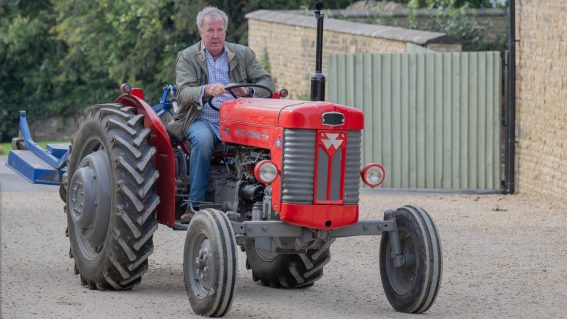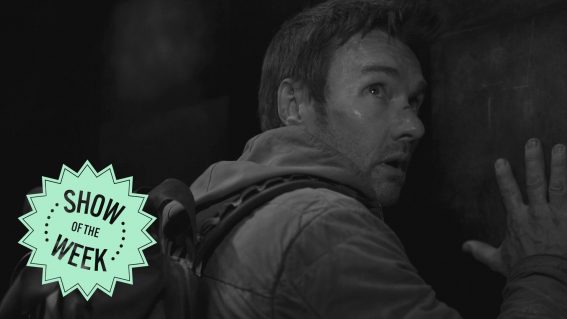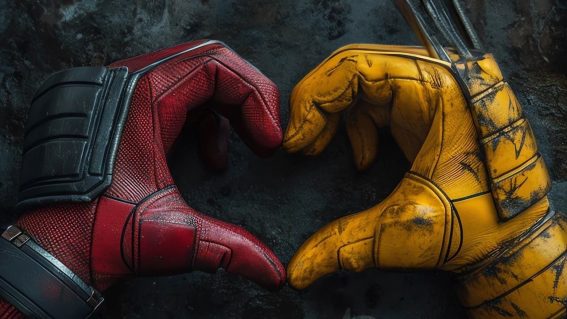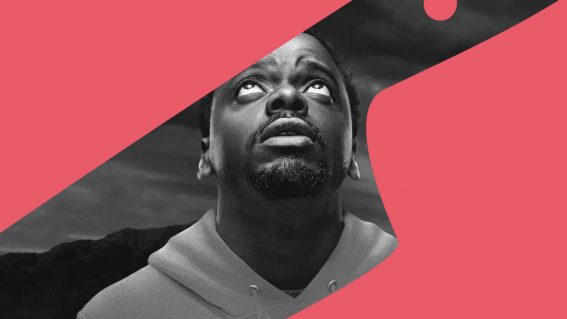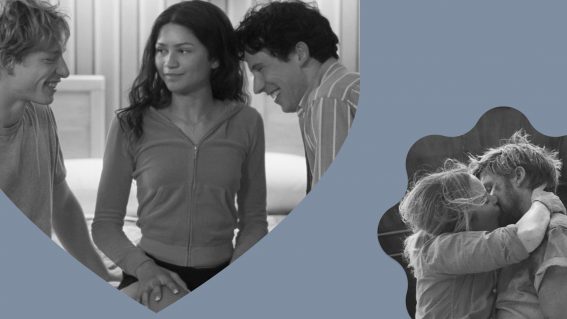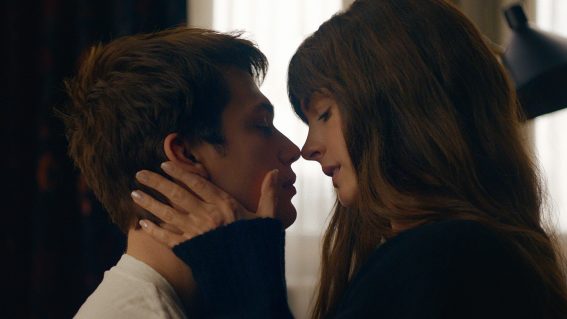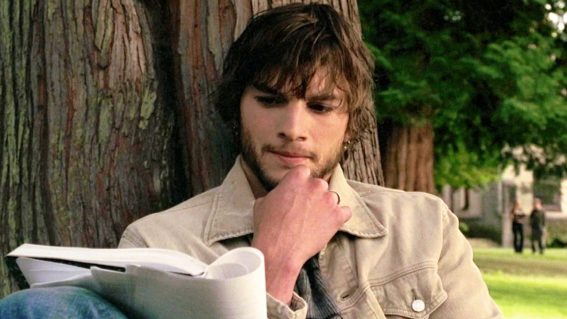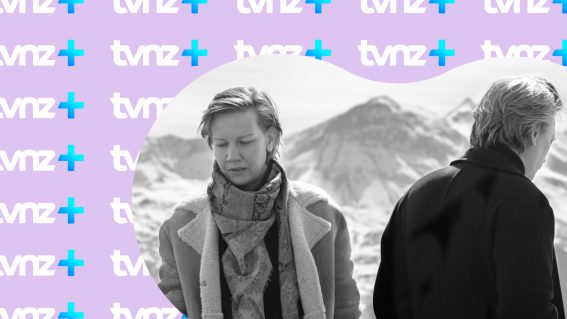Interview: ‘The Two Faces of January’ director Hossein Amini
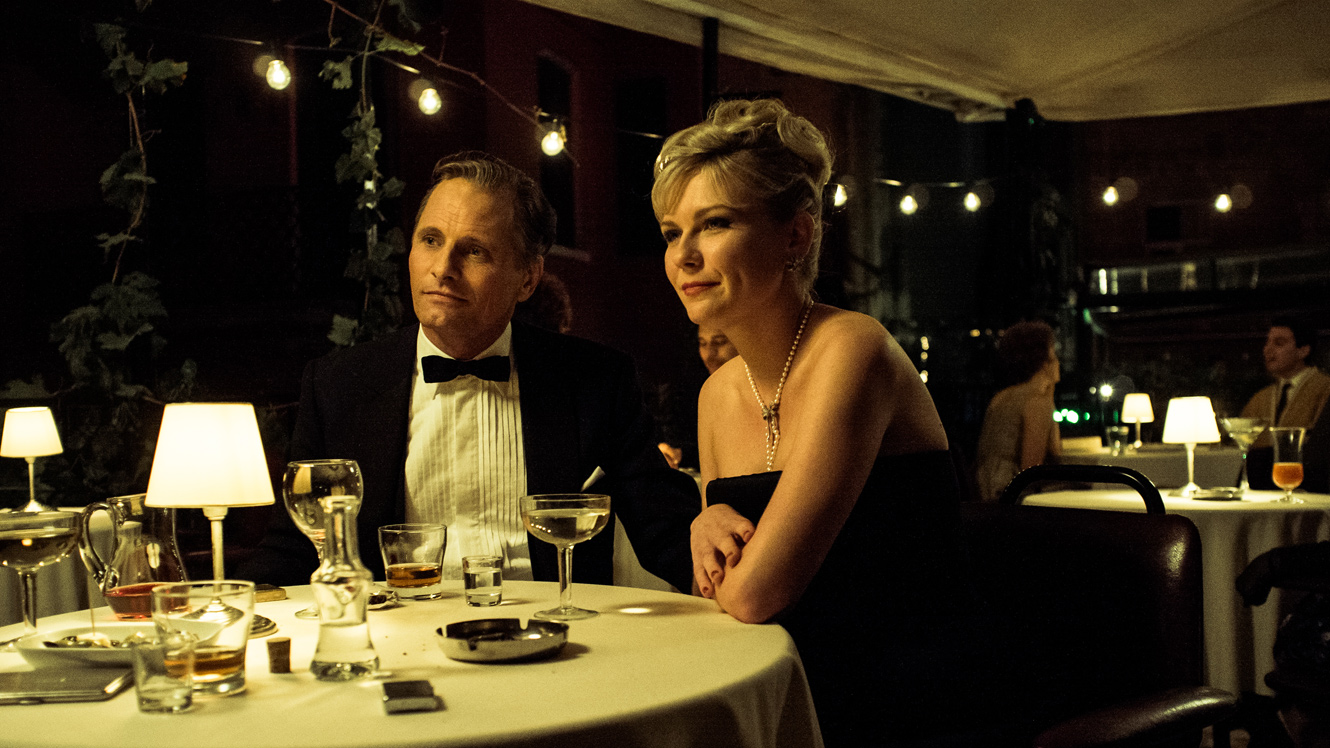
The Two Faces of January is a psychological thriller set in 1960s Europe, starring Viggo Mortensen, Kirsten Dunst and Oscar Isaac. A first time director here, but a longtime screenwriter, Hossein Amini adapted the novel by Patricia Highsmith (The Talented Mr. Ripley, Strangers on a Train) and brought it to the screen. As the film releases here, we had the chance to pose him a few questions.
FLICKS: You’ve written both original screenplays and adaptations of classic authors’ work. What are the key differences and similarities in how you approach these?
Hossein Amini: I think the key difference is you wake up in the morning with an adaptation of someone’s. You’re almost working with somebody else, they’ve already started the work – it’s a collaboration. I love reading and I love that intimacy between the reader and the author. So I’m kind of drawn to adaptations for that reason and I love interpreting and putting some of myself into them. And I love books that allow me to. Almost half adaptations, half originals. I like putting myself into books that I love
In the case of Patricia Highsmith she’s acknowledged as a master of psychological thrillers full of moral compromise. Were these things that drew you to her work, or is there something else that led to making ‘The Two Faces of January’?
That was the main thing. She almost uses the crime genre, the energy, suspense and thriller to also explore, I think, more complex things like human psychology, the way relationships work, identity betrayal and all those things. I think that’s what drew me to her writing. She’s a crime writer but I think she’s much more than a crime writer.
I’m sure it can’t hurt to follow in the footsteps of Alfred Hitchcock, by adapting Highsmith’s work especially on your first film as a director.
It can hurt! Because it’s impossible to live up to the comparisons, and with this particular book I’ve got the enormous shadow of Hitchcock, but also the shadow of The Talented Mr. Ripley, another Highsmith adaptation where its reputation appears to be growing year by year. And although I think it had gotten decent to lukewarm reviews, now it’s become a classic. So those comparisons are tough.

At what point did you start to realise that you might direct the film? I’m curious to know what effect this had on the writing or casting process.
I sort of wanted to direct it straight out of university thinking I’d be a writer/director and over 25 years I didn’t get a chance to do it. I guess the way it affected it was I always knew it was going to be a smaller film so I made sure it was fairly intimate and gradually it sort of expanded over the years. In terms of the casting I just thought with such an intimate story of three characters I sort of wanted brilliant actors, but also actors I thought I could communicate with and work with and who had a basic decency as human beings as well as actors and who would be collaborative. I was very lucky to have three fantastic actors who also never treated me as a first time director.
What was it like to work with this trio?
What was amazing about them was they were really helpful; they would come up with ideas and never make me look stupid or look like a first time director. I think maybe directing in my 40s rather than my 20s was more open and collaborative, I didn’t feel like I had to be a director, to be something that I wasn’t. Ironically, it’s a story which is about people doing exactly that. I think I was a lot more open to suggestions or whatever and ended up working very, very closely with the cast, not just in the shoot but also in the script-writing process. I spent a good few months with them working through discussions and rehearsals and whatever to really hone the script.
Did you find yourself departing much from your own screenplay when came time to make the film, and were there any arguments between Hossein the screenwriter and Hossein the director as a consequence?
Yes, I was much more controlling as a writer. When I was a screenwriter on set and other people directing I would sit behind the monitor and kind of fret and tear my hair out because they were changing lines, and the inflections were wrong and not saying it exactly how I imagined it. And then as a director I found that actually that’s part of the process and, you know, the scene gets better by changing it on the day. I now think that shooting a script exactly like it’s written is probably the best recipe for disaster and that it needs to have that day-by-day life of a shoot to kind of make it come to life.
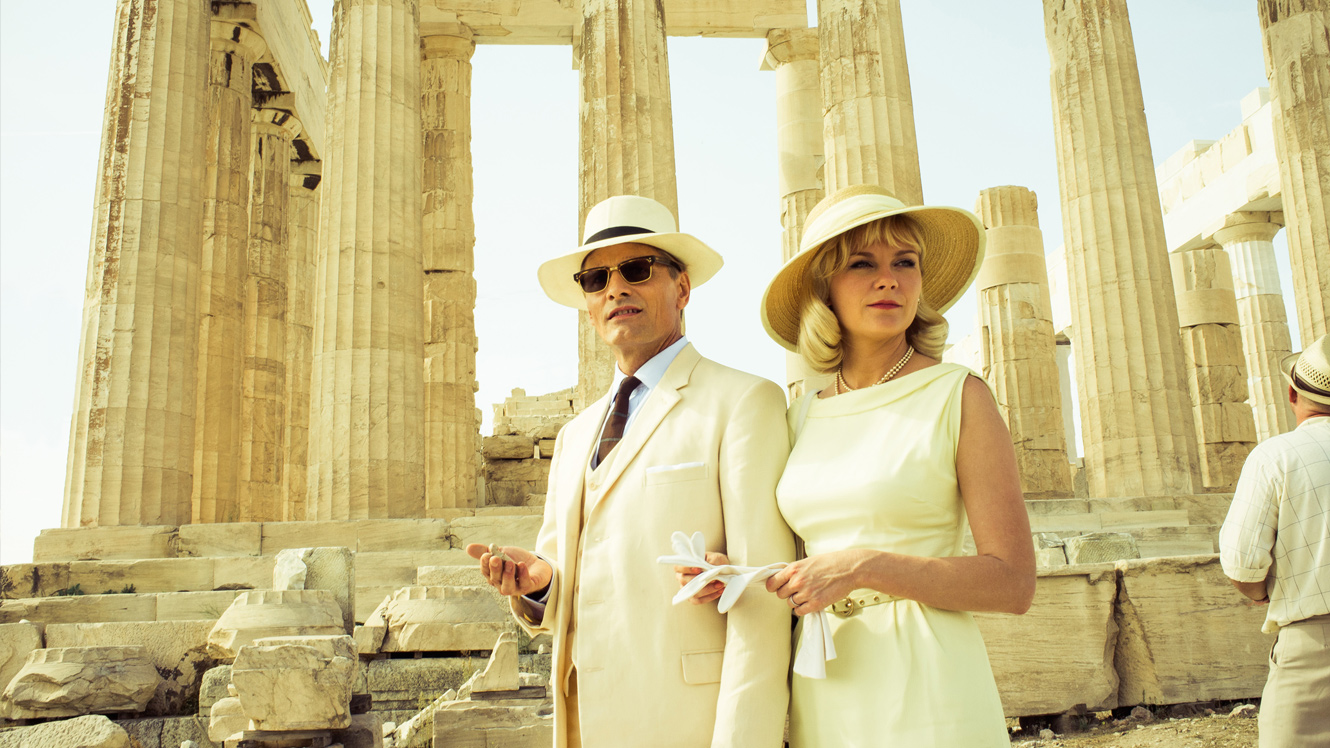
Could you share your strongest memory from filming?
My strongest memory is easily going out for a drink after a really long night shoot. But the Acropolis was pretty magical because I think we were the first to film there in 20 years and it was a mad rush trying to get the shots because you weren’t allowed to stop people coming and tourists doing whatever they want to. There were 500-600 people just out of frame the whole time and I remember at the end of the day when the Acropolis had closed and just thinking I need to spend at least half an hour here on my own because I’m never going to get the whole place to myself again, and that’s one of the great things about directing somewhere like that because just for a day you own the place.
How keen are you to get back in the director’s chair again, or is it more writing for you first?
I love both. The thing with writing is I control that, so nobody can stop me from writing a screenplay. But with directing, the film needs to make money for financiers to be interested in investing for the next one, and also it needs to be well received critically, I guess, for actors to want to work with you. I mean I’m very proud of the performances in the film and I did enjoy working with the actors.
How would you feel about directing another writer’s work after this?
I’d be really excited, I think it’s almost like adapting a book, there’s something fantastic about it. There’s something I really enjoy in trying to find out things about myself or things I’m interested in with somebody else’s work. That’s almost the way two minds come together and I think it’s really exciting creatively.
What was the last great film you saw?
The last film that really blew me away was The Great Beauty, an Italian movie, and I will say that because I was so busy editing I wasn’t really watching lots of films. The choice of music and the shots and colours, I found very exhilarating but also depressing because I was just at the end of finishing my movie and I was thinking “what’s the point when people are making things like that?” But that was the last one that I just thought was sort of out of this world in terms of a great film that is going to be remembered for a very long time.
The Two Faces of January is in cinemas now. Click here for session times.

